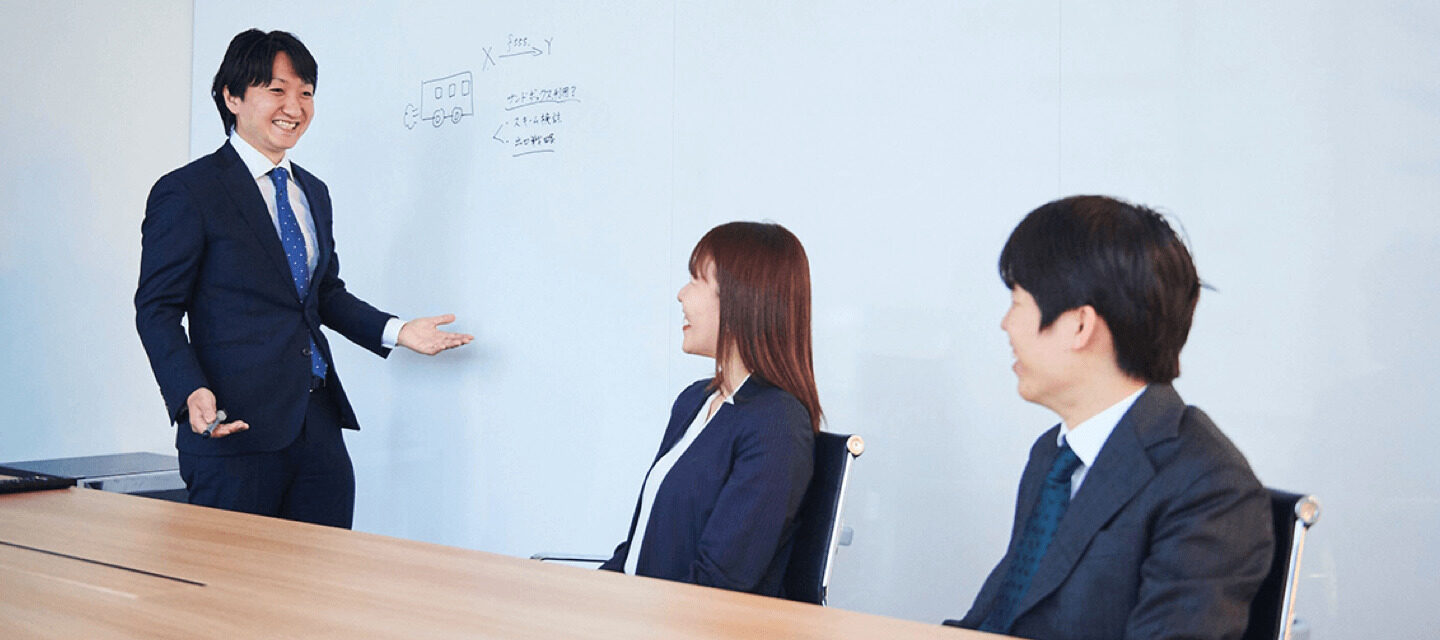スタートアップの急成長を支えてきた、スピードと実現性を両立する法務支援– 株式会社カケハシ

Attorney admitted in Japan
Masayuki Matsunaga

Attorney admitted in Japan
Haruya Takeshita
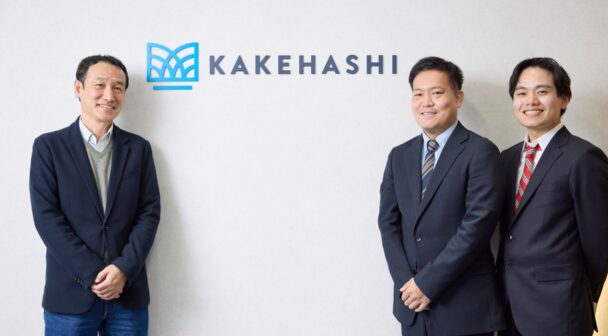
Cquick Inc., a consulting firm specializing in inside sales support, expanded into Indonesia in 2024. With this overseas move, the company began facing increasingly complex legal issues involving cross-border legal frameworks. How is Cquick addressing these challenges with limited internal resources? We spoke with Mr. Shohei Arai, President and CEO of Cquick, about why the company chose to work with ZeLo, a law firm, how they are utilizing ZeLo’s legal services, and what the future holds for their business development and collaboration. The conversation was led by Indonesian attorney (unregistered in Japan) Fiesta Victoria, who supports Cquick in legal matters, along with attorney Kenta Muroi from ZeLo.
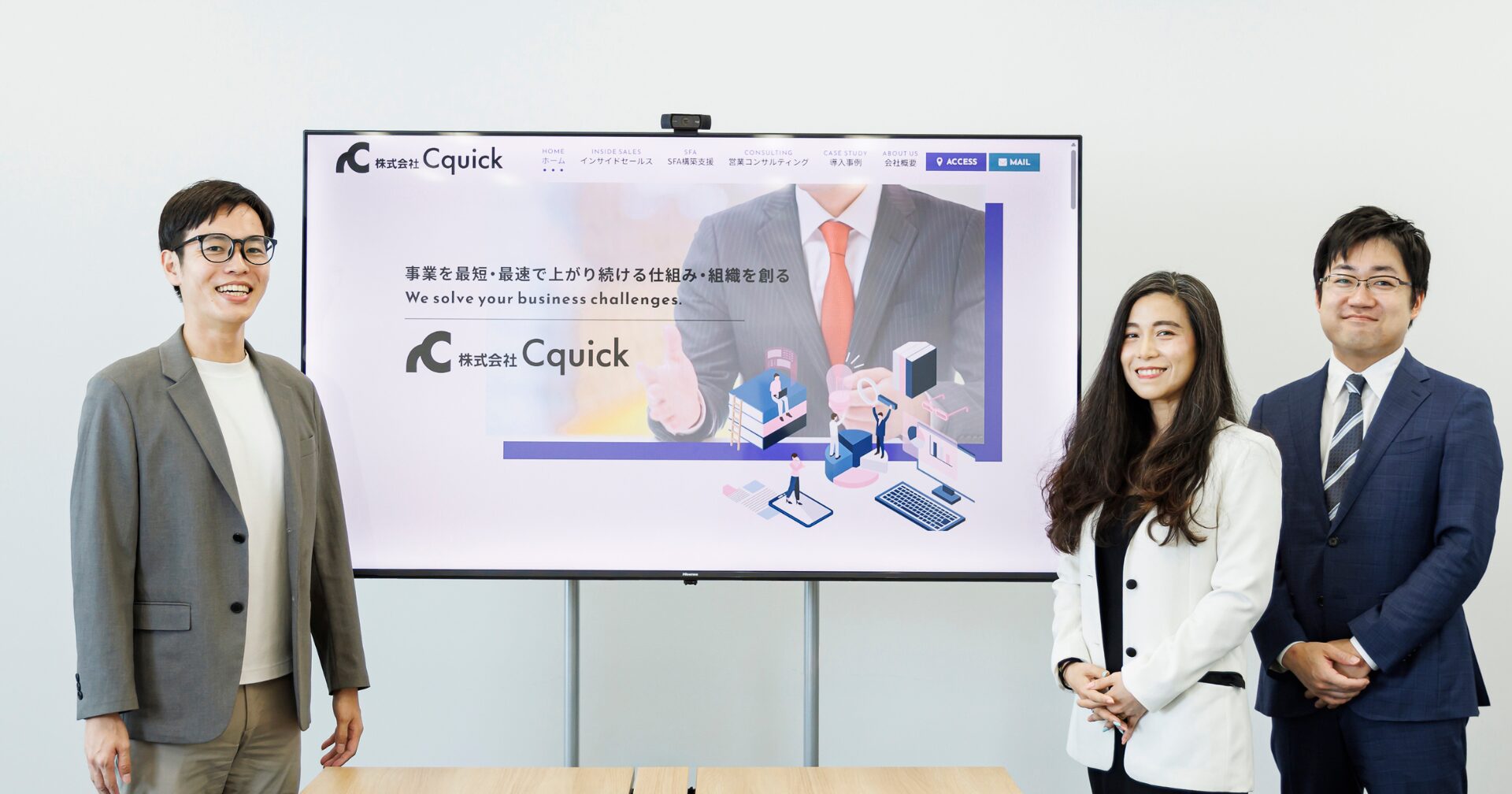
Fiesta Victoria is an Indonesian qualified lawyer with over 16 years of experience in M&A and general corporate. She graduated from the University of Pelita Harapan in 2006 and started her career as a lawyer in the same year at one of the largest and oldest law firms in Indonesia. She joined ZeLo in 2019 with the primary role of establishing and developing ZeLo’s Indonesian practice group. She won the title of "Business Development Lawyer of the Year" at the ALB Women in Law Awards 2021. Additionally, she was nominated as one of the top 5 finalists for "Foreign Lawyer of the Year" at the ALB Japan Law Awards 2023, following a nomination in the same category at the ALB Japan Law Awards 2022.
Graduated from Keio Law School in 2012. Called to the Bar Association in 2014. After experienced in the law firms in Japan, he was seconded to Rajah&Tann Singapore LLP., one of the reputable law firms in Singapore. He joined ZeLo in June 2024. Through the experiences, he has covered a wide range of corporate law matters, such as M&A, corporate commercial, venture financings and cross border transactions. In the course of his practice, he has provided commercially-focused legal advice to companies at all stages of the corporate lifecycles; from early stage start-ups to listed companies.
Industry: Services
Number of Employees: 10 (including contractors)

目次
Muroi: Thank you very much for joining us today. To begin, could you tell us again about your company’s business?
Arai: Our company, Cquick Inc., originally operated in Japan providing inside sales outsourcing services. One year ago, we made the decision to expand into Indonesia and secured our first project there. One of our current business areas involves supporting Japanese companies entering the Indonesian market, particularly those in the B2B space, by offering sales support services. Our focus includes promotional strategies and helping Japanese products gain traction in Indonesia.
Muroi: That’s quite a broad range of initiatives. In terms of expanding into Indonesia, I assume there are regulatory hurdles such as foreign investment restrictions when it comes to establishing a local entity. How do you make proposals in that context?
Arai: When a Japanese company tries to establish a local entity, it needs to have minimum paid up capital of 10 billion rupiah—approximately 91.4 million yen—which is a significant hurdle. In light of this, we offer proposals that take such challenges into account, including options that do not involve setting up a local corporation.
Muroi: Thank you. Could you also tell us what led you to choose our firm and about your first request?
Arai: Our first request to ZeLo was for a contract related to a project in Indonesia. It was a template provided by the counterparty, and we weren’t sure about its contents. When we consulted ZeLo, they suggested that we change the governing law of the contract from Indonesian law to Singapore law. They explained that there are areas in Indonesian law where interpretations can vary, and that Singapore law would be more appropriate in case any disputes arose.
That kind of advice was extremely helpful, and we were able to successfully conclude the contract with the client. The response was also very quick, and we felt it was a significant benefit.
Fiesta: Thank you. Indeed, Indonesian laws are often not clearly defined, and just reading the statutes doesn’t always give you the full picture. Now that you’re actually doing business there, do you often feel that way?
Arai: Yes, that’s right. We had very limited legal knowledge about Indonesia, and since this was our first overseas expansion, we wanted to avoid as much risk as possible—especially in areas like debt collection or responding to disputes. In that context, receiving ZeLo’s proposal at the time of our first contract and being able to present that to the counterparty gave us a great deal of reassurance. It really made a difference.
Fiesta: Do you have competitors in Indonesia?
Arai: If we look at the broader category of system integrators, there are many competitors. However, in the specific area of marketing support from Japan to Indonesia—especially for B2B companies—I believe we may be the only one doing it. We already have clients in Indonesia, so we’re able to speak directly with end users and understand their needs. I think our ability to execute on sales is a unique strength of our company.
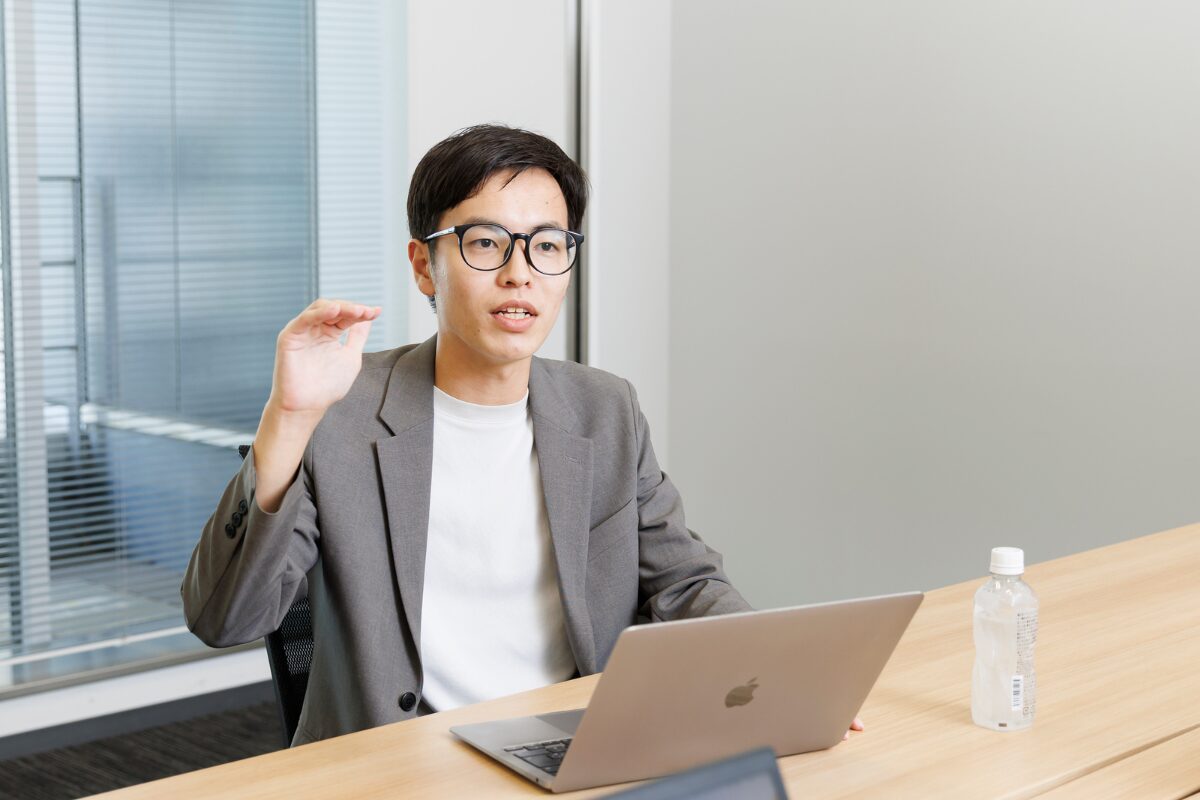
Fiesta: Some firms work in partnership with local or Japanese-affiliated local law firms. From your experience working with our firm, what impression have you had so far?
Arai: I feel that because Ms. Fiesta has professional experience in Japan, she understands how to communicate in a way that puts Japanese clients at ease. When working with local firms, there are often cases where we request a quote but receive no response. Even when you hire a local firm, there’s a risk that you won’t hear back despite paying, or you’ll feel uncertain about the quality of their services. In contrast, we’ve been working with ZeLo since our time in Japan, and that gives us a great sense of security.
Muroi: It’s great to hear that Fiesta’s expertise in Indonesian law, combined with her knowledge of Japanese practices and culture, has contributed to the growth of your business.
Arai: In our Indonesian operations, we often deal with large Japanese corporations, so there are many instances where we need to review contracts. In those cases, we’d definitely like to continue consulting with ZeLo.
Fiesta: Cquick and our firm share common ground in supporting Japanese companies expanding into Indonesia. In fact, last September we co-hosted a webinar on the fundamentals and recent developments of electronic signatures in Indonesia. The feedback from our clients was very positive. Was it also beneficial for your company?
Arai: Yes, we were able to reach not only our existing clients but also potential new clients. Many Japanese companies in Indonesia are struggling to keep up with legal changes. Hosting a seminar with ZeLo at a time when electronic signatures were drawing attention was a very valuable opportunity for us.
Fiesta: Thank you very much. We’re hoping to actively plan similar events in the future, so we’d love to collaborate again.

Muroi: As you look to further develop your business in Indonesia, are there any particular areas you want to focus on or points you’re aiming to strengthen?
Arai: Yes. We especially want to address the talent shortage faced by Japanese companies, particularly in the IT sector, and that’s exactly the direction we’re working in right now.
Our goal is to provide highly skilled professionals—such as engineers—to mid- to large-sized Japanese companies. By training talent in Indonesia and receiving work from Japanese companies, we hope to help resolve the labor shortage issue in Japan.
Muroi: Given the widespread talent shortage across industries in Japan, including among major corporations, your approach is to secure skilled personnel—like engineers—in Indonesia and allocate resources across borders. Are there any challenges or areas you feel you need to work on going forward?
Arai: One key challenge is “education.” Simply applying Japanese-style training schemes in Indonesia doesn’t always work well. So, we believe it’s necessary to “Indonesianize” the educational framework. We’re currently going through a trial-and-error process, trying to build an operation that fits the local context and searching for best practices suited to Indonesia.
Muroi: Our firm, with Fiesta at the forefront, would be glad to assist with local matters as well. We’d love to collaborate and share knowledge wherever possible.
Arai: That would be great. For example, having a community where we can share information on legal revisions would be very helpful for Japanese companies expanding into Indonesia. Our strength is in IT, but we can’t create legal content ourselves. So if we could work together with ZeLo on that front, it would be incredibly valuable.
Muroi: Your business operates in the IT × Indonesia domain. Could you share your perspective on the future outlook of the IT industry in Indonesia?
Arai: This may get a bit technical, but Indonesia has a large number of app development engineers. On the other hand, there are still relatively few infrastructure engineers—those working in areas like cloud computing and security. I believe we are just now entering a phase where that type of talent will start to increase.
As for app development, I feel that we are approaching an era where products can be created without writing any code, thanks to AI. The majority of engineers still have limited experience, and many have never worked directly with clients. There’s also a lack of soft skills, such as understanding what is actually required in IT. These are challenges I see for app development engineers moving forward. As for the infrastructure domain, the market is still developing, and I believe it will begin to grow in earnest from here on.
Muroi: How do you view the development and deployment of AI in Indonesia?
Arai: In terms of AI products, my impression is that they’re still far from widespread adoption. Just recently, when I spoke with the sales manager of an Indonesian distributor, he told me that there are hardly any companies or products in Indonesia currently generating revenue through AI. Of course, B2C services like ChatGPT do exist, and I often hear of client companies using them, but most users are on free plans. The subscription-based AI business model hasn’t really taken hold yet.
Because of that, there are risks—such as users inputting customer data into free versions of ChatGPT and then not knowing where that data ends up. We've been receiving more and more requests from large companies asking us to first establish internal rules for AI use, rather than jumping straight into implementation strategies.
Muroi: That’s a domain our firm also deals with quite frequently. Including Indonesia in a cross-border context certainly raises the complexity, but we are committed to continuing to provide solid legal support in that area.
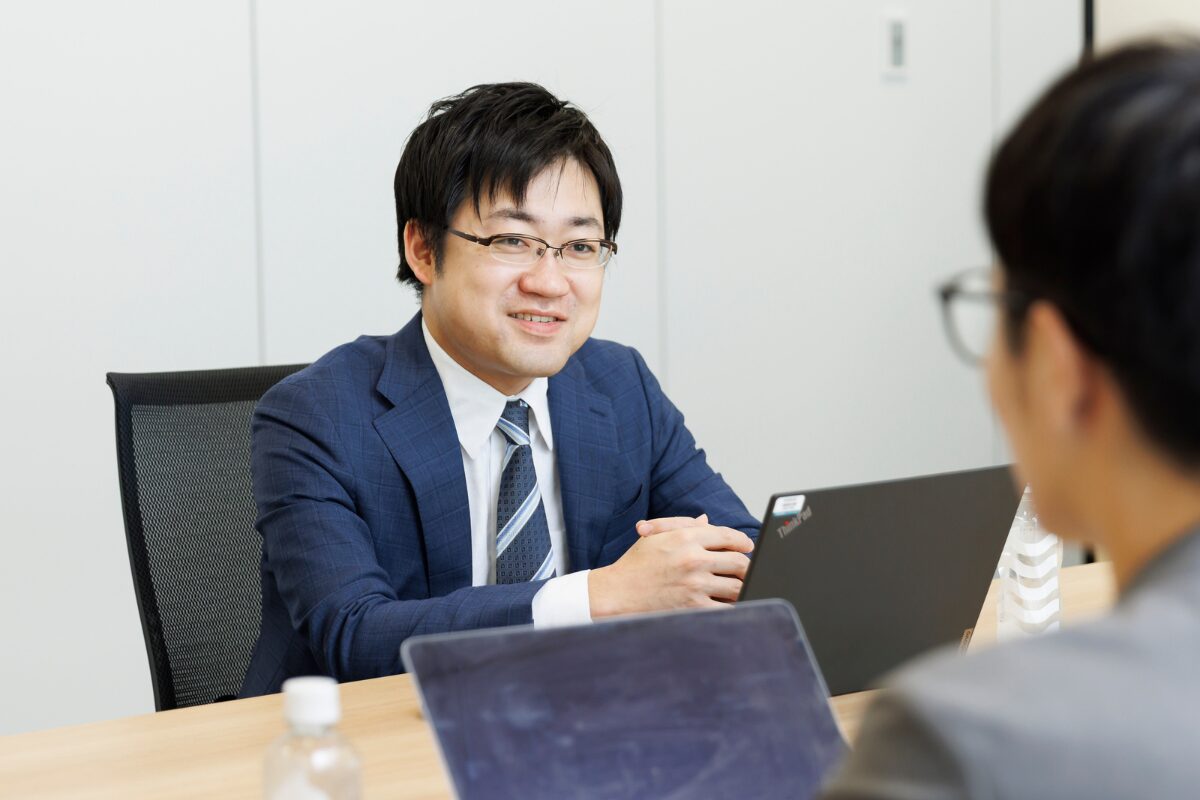
Arai: This is more of a personal matter, but I’ve established a new company called “AI Network Solution” by spinning off part of Cquick’s Indonesia operations.
As foreigners, there are times when doing business with local companies in Indonesia requires connections among Indonesians themselves. We’re aiming to become more involved in that area moving forward.
Also, Indonesia is known as a country where legal revisions happen very frequently. Sometimes, we’re not sure if information from just three months ago is still valid. Things can change with a single word from the President, so we are always concerned about whether our activities remain legally compliant.
Muroi: I get the impression that changes in leadership often result in shifts in enforcement and regulations. Is that something you’re also mindful of?
Arai: Yes, we try our best to stay up to date, but the truth is that we haven’t yet found the best way to keep track of all the information. That’s why we’re counting on ZeLo—and experts like Ms. Fiesta, who are well-versed in local developments—to offer us advice that reflects the latest situation on the ground.
Muroi: Our firm has built a system that enables us to collaborate with local counsel and law firms. Do you think that’s a framework you could make use of going forward?
Arai: Absolutely—we’d very much like to make use of it. For instance, we of course want to avoid disputes as much as possible, so we’re hoping that ZeLo can support us from a preventive perspective by helping us manage risks in day-to-day operations. That said, since we never know who the counterparty might be, it’s very reassuring to know we can turn to ZeLo—who understands our business circumstances—if any trouble does occur.
Muroi: At ZeLo, we support clients like your company that are expanding overseas through a collaborative approach: lawyers like myself, who are qualified in Japan and have worked in Singapore, work alongside Fiesta, who is qualified in Indonesia. This allows us to provide one-stop services that are grounded both in Japanese law and in the latest local legal frameworks and commercial practices.
Fiesta: One of our firm’s strengths is our ability to offer one-stop services through collaboration with a broad network of local law firms, agents, and notaries, covering both legal and administrative procedures. We can also support Japanese legal issues related to Japan-affiliated companies. Your company has a broad range of strengths as well, doesn’t it?
Arai: In addition to supporting local sales and marketing execution in Indonesia, we also help Indonesian companies expand into the Japanese market. For example, B2C companies in sectors like tourism and consumer goods need both a legal understanding of Japan and a feel for the Japanese market. Since we have sales resources in Japan, we’re well-positioned to assist Indonesian companies with their Japan expansion.
From our perspective, there are two major roles we hope ZeLo can continue to play. One is supporting Japanese companies that are considering entering the Indonesian market. The other is providing legal guidance for companies as they expand into Indonesia. We’d love to collaborate with ZeLo on both fronts, leveraging our respective strengths.
Muroi ・Fiesta: Thank you very much. We look forward to working with you not only to support your business operations, but also more broadly—to provide outbound and inbound support that leverages the strengths of both our organizations.
Thank you again for your time today.
For more information about ZeLo’s support for Indonesia-related matters, please visit:
https://zelojapan.com/service/indonesia
For details on ZeLo’s cross-border legal services, please visit:
https://zelojapan.com/practice/cross-border-practice
Note: This interview was conducted in Japanese, English, and Indonesian.
All content reflects the circumstances at the time of the interview (Interview date: July 8, 2025).
(Photo: Sawako Nezu | Interview: Nagisa Nakamura | Text: Suisei | Editing: Nagisa Nakamura & Akari Abe)

